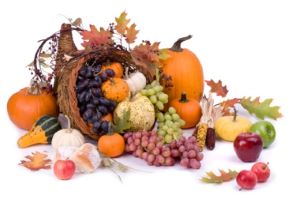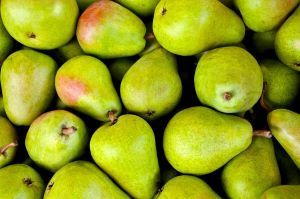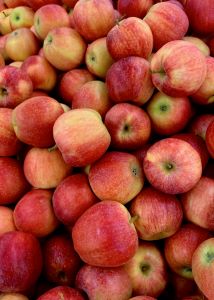Posted on
November 06, 2024 by
The VRG Blog Editor
 photo from Freepik
photo from Freepik
By Reed Mangels, PhD, RD
I was recently invited to participate in a panel at a conference for health care providers. The conference, Food as Medicine, featured speakers, most of whom were MDs, describing the health benefits of plant-based diets that include a variety of whole foods. The panel discussion, which took place at the end of the day, was titled Food For Thought: Improving Patient Health and Nutrition Through Collaboration. The panelists were Michael Klaper, MD, a primary care physician; Rak Jotwani, MD, a primary care physician; Debra Shapiro, MD, an obstetrician/gynecologist; Martha Sandoval, MD, a family medicine physician; and me. All panelists were passionate about the health benefits of plant-based diets.
We were each asked to speak on the importance of collaboration—especially from personal experience—with professionals from various fields to enhance patient health through a focus on nutrition. As the only non-physician on the panel, I decided to describe the skills and training that registered dietitians have and to promote collaborations between RDs and other members of health care teams who are working to encourage use of plant-based diets. Here’s an excerpt from my talk:
Registered dietitians or registered dietitian/nutritionists, such as myself, are health professionals with expertise in food and nutrition. RDs or RDNs have completed at least a master’s degree (so 5-6 years at least of nutrition-related coursework), a supervised practice requirement (typically 1,000 or more hours), and passed a national exam. We are required to continue professional development throughout our careers. Registered dietitians may specialize in areas ranging from sports nutrition, to diabetes, to pediatrics, to functional medicine, to vegetarian and vegan nutrition, and more.
RDs and RDNs can play key roles on the health care team because of their training and their knowledge of both the theoretical and the practical aspects of food and nutrition. They do nutrition assessment and counseling for inpatients and outpatients though one-on-one sessions, group sessions, and classes. They may develop educational materials. They educate other members of the health care team about nutrition so that the dietitian’s message can be supported and amplified. In turn, they can provide important information and support for the recommendations of other health care providers.
Dietitians are uniquely able to work with individuals who often have strong food preferences and cultural practices, a variety of cooking skills, have more or less money to purchase food, have time constraints, have a myriad of health issues, and have varying motivations. We are keenly aware that one size doesn’t fit all and that a single sheet of paper describing a diet is not likely to result in true change.
Dietitians work in a variety of settings – traditionally in hospitals and clinics but now, more and more, in private practice, as part of a private practice or health care system, in gyms, in industry, in academia, non-profits, etc.
My personal work has been in academia and in the non-profit sector. I’ve had opportunities to collaborate with nurses, physicians, and others with a goal of developing reliable, evidence-based materials, especially those related to vegan/vegetarian nutrition.
The other members of the panel spoke of the joys and challenges associated with working with other health care professionals including other physicians, nurses, dietitians, physical therapists, and health coaches. They described how wonderful it was to have a group of providers all working together to promote healthy plant-based diets, exercise, stress management, and other components of a health-supporting lifestyle. Each team member would use their skills and training to support clients/patients and other providers. They also described the challenges of working with providers who were not aware of the health benefits of plant-based diets and who provided out-of-date information or questioned the physicians’ recommendations.
We agreed that it was important to seek out like-minded colleagues and to work to educate our colleagues about plant-based/vegetarian/vegan nutrition. I thought about VRG’s work, for at least the past 35 years, to provide reliable, evidence-based information about vegetarian/vegan nutrition to dietitians and to develop much-needed educational materials that can be used by dietitians and other health care professionals.
To read more about registered dietitians see: Becoming a Registered Dietitian Nutritionist











